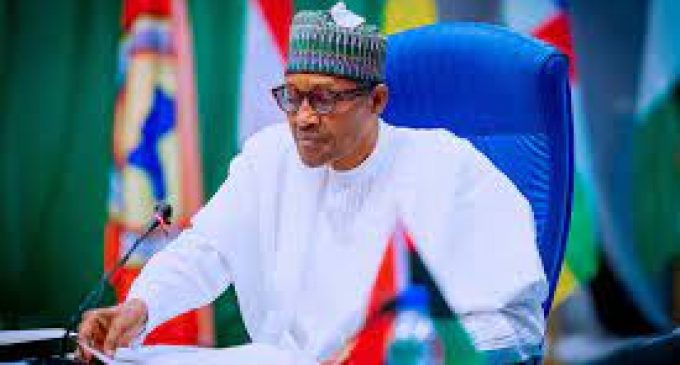Serap calls Buhari to investigate spending on refineries or face legal action

The Socio-Economic Rights and Accountability Project (SERAP) has called on President Muhammadu Buhari to “direct Mr Abubakar Malami, the Attorney General of the Federation and Minister of Justice, and appropriate anti-corruption agencies to probe the spending on Nigeria’s four refineries, and alleged mismanagement of public fund budgeted for the rehabilitation, operation, and maintenance of the refineries since 1999 or face legal action.
SERAP also urged Buhari to direct Malami and appropriate anti-corruption agencies to bring to justice anyone suspected to be responsible for the importation and distribution of dirty fuel into Nigeria.
In the letter dated 5 March and signed by Kolawole Oluwadare, SERAP Deputy Director, the organisation said any person suspected to be responsible should face prosecution, adding that if there is enough admissible evidence, any mismanaged public fund should be fully recovered.
SERAP’s letter partly read, “Investigating and prosecuting allegations of corruption and mismanagement in the spending on the refineries would be entirely consistent with constitutional guarantees and international standards. It may also galvanize public support for your government’s anti-corruption efforts.
“Alleged corruption and mismanagement in the oil sector, the importation and distribution of dirty fuel, and protracted fuel scarcity amount to a fundamental breach of constitutional and international human rights obligations, depriving Nigerians of economic opportunities and subjecting them to cruel and degrading treatment.”
SERAP also urged Buhari to direct the Economic and Financial Crimes Commission (EFCC) and the Independent Corrupt Practices and other Related Offences Commission (ICPC) to jointly monitor and track the spending of public funds to rehabilitate, operate, and maintain Nigeria’s refineries.
The organization is concerned that fuel scarcity in different parts of Nigeria has subjected a lot of Nigerians to harsh social and economic conditions, making them unable to develop their abilities and realize their potential.




There are no comments at the moment, do you want to add one?
Write a comment